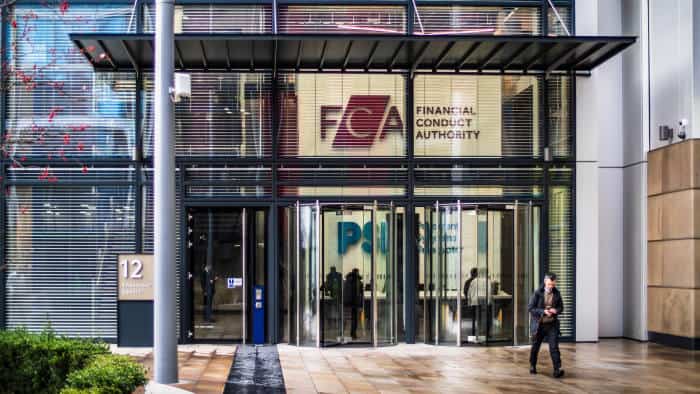FCA Survey Shows 97% Disagreed With The Cryptocurrency Derivatives Ban
Before implementing the ban on cryptocurrency derivatives sales in the UK for retail investors, the FCA asked over 500 firms, trade bodies, and competent authorities on their opinion. Interestingly, the results decisively concluded that 97% of all participants didn’t agree with the prohibition.
97% Oppose The FCA Crypto Derivatives Ban
UK’s watchdog, the Financial Conduct Authority (FCA), initially proposed prohibiting the sale, marketing, and distribution to retail clients of cryptocurrency derivatives and exchange-traded notes (ETNs) in July 2019.
Shortly after, the regulator compiled a survey, which was released in October 2020. The study asked 527 participants from “firms, trade bodies, retail consumers, and EU national competent authorities (NCAs)” regarding their views on the matter.
The results quite clearly demonstrated that almost all respondents (97%) opposed the FCA’s proposal that digital asset derivatives and ETNs need to be prohibited for sale.
The majority argued that cryptocurrencies have intrinsic value because they are accepted as a means of payment for goods and services. They brought out household names such as Starbucks and Microsoft that allow Bitcoin payments through a service offered by Bakkt.
Furthermore, the participants asserted that retail clients are capable of assessing the value and risks of cryptocurrency derivatives, and the prohibition would be “disproportionate.” Instead, they suggested the FCA to use other measures to achieve its goal of protecting investors.

The FCA Proceeds With The Crypto Derivatives Ban
Despite the conclusive results from the survey, the UK regulator announced earlier this week that the ban will commence from January 6th, 2021. The 97% that opposed the FCA’s narratives were unable to make a difference, as the regulator concluded that “crypto-assets are opaque, complex, and unreliable as reference assets for investments for retail consumers.”
The FCA argued that the companies that receive Bitcoin as a means of payment convert the bitcoins into fiat currencies at the time of sale. Consequently, “fiat currencies remain the underlying medium of exchange” and “we don’t think that crypto-assets being exchanged for fiat currencies equates to intrinsic value.”
The report also broached the high volatility of cryptocurrencies as the main obstacle to serve as a legit payment method. The regulator believes that “lower volatility is necessary for them [digital assets] to be widely accepted for purchasing goods and services.”
Featured image courtesy of Financial Times
The post FCA Survey Shows 97% Disagreed With The Cryptocurrency Derivatives Ban appeared first on CryptoPotato.
